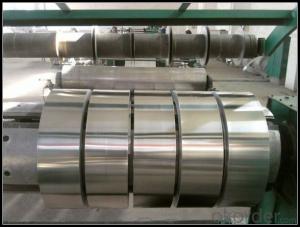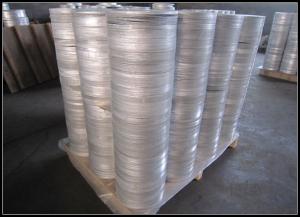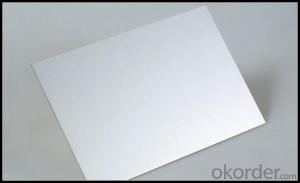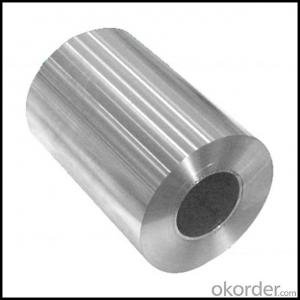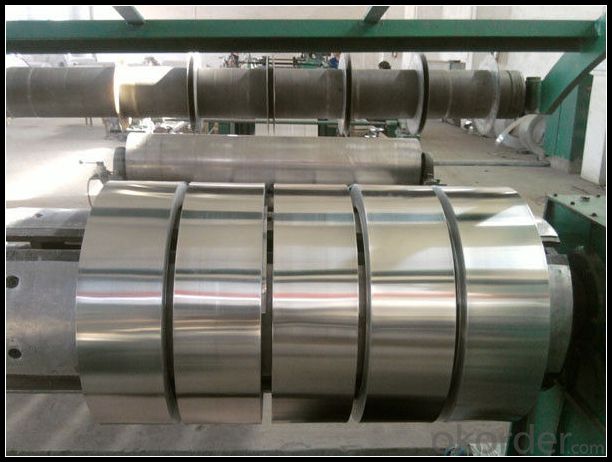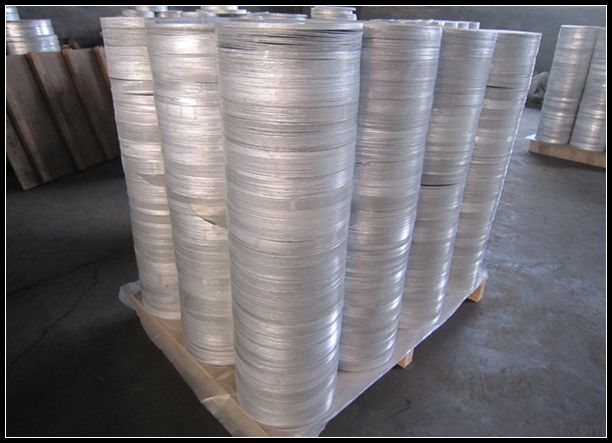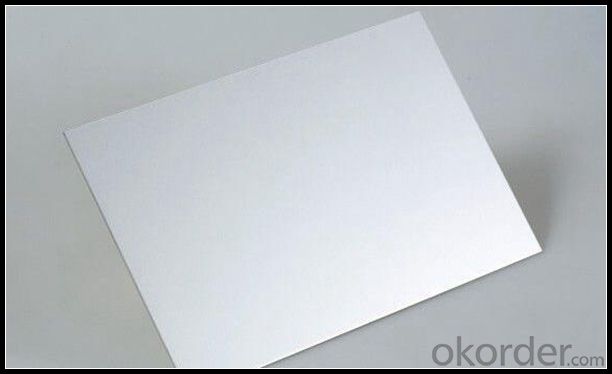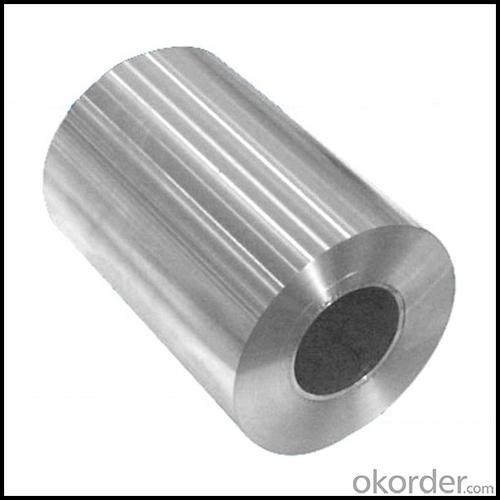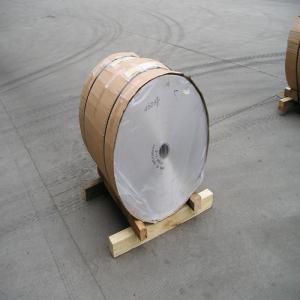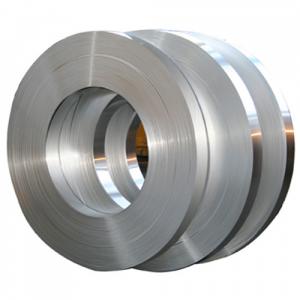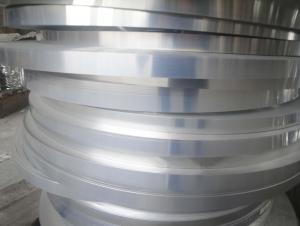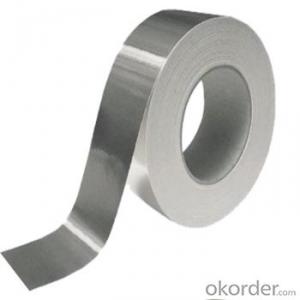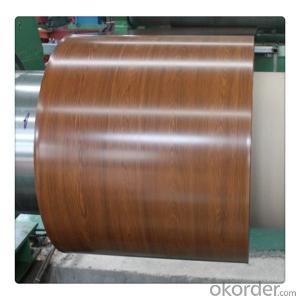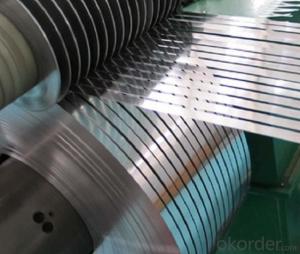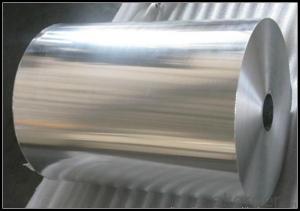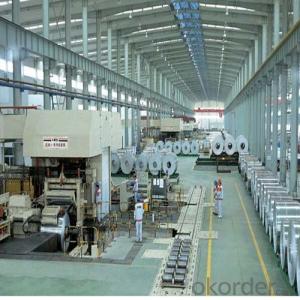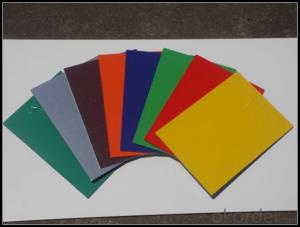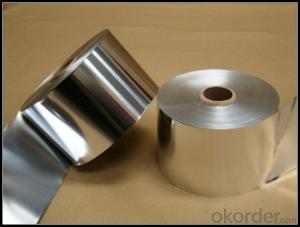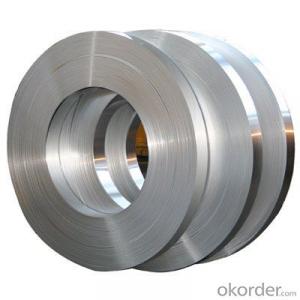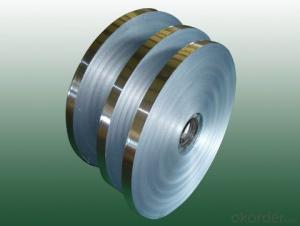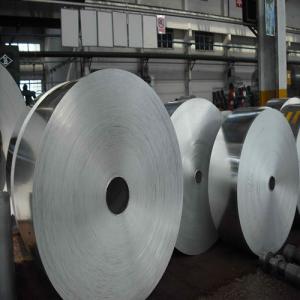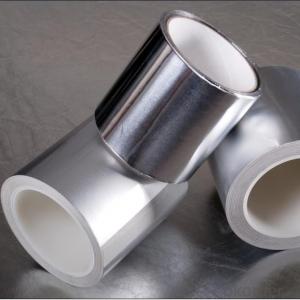Aluminum Flashing Strips - Expanded Metal Sheet for Curtain Wall Aluminum Sheet at Factory Price
- Loading Port:
- Tianjin
- Payment Terms:
- TT OR LC
- Min Order Qty:
- 1 m.t.
- Supply Capability:
- 4999 m.t./month
OKorder Service Pledge
OKorder Financial Service
You Might Also Like
Specification
1. Specification of Aluminum
1) Alloy | 1050, 1060,1100, 3003 3004 3105 3005 5005 5052 etc |
2) Temper | O/H12/H14/H1/H18/H32/H34/H36/H38//H111/H112/H116/H321/T6/T651/T3/T351 etc |
3) Thickness | 0.1mm to 6mm |
4) Width | 20mm to 3300mm |
5) Coil weight | 100kgs to 6 tons depends on actual requirement |
6) Core material | Aluminum alloy |
7) Coil Inner diameter | 76mm, 152mm,or as required |
2. Application of Aluminum
(1).Aerospace alloys...
(2).Scandium–aluminium...
(3)Marine alloys, signboards, fascia, shop fronts...
3. Feature of Aluminum
Aluminium (or aluminum) is a in the with symbol Al and 13. It is a silvery-white, soft, nonmagnetic, ductile metal. Aluminium is the third most abundant element (after oxygen and silicon), and the most abundant metal, in the Earth's crust. It makes up about 8% by mass of the crust, though it is less common in the mantle below. Aluminium metal is so chemically reactive thatnative specimens are rare and limited to extreme reducing environments. Instead, it is found combined in over 270 different minerals.The chief ore of aluminium is bauxite.
4. Certificate:
SGS and ROHS(if client request, paid by client), MTC(plant provided), Certificate of Origin(FORM A, FORM E, CO), Bureau Veritas and SGS (if client request, paid by client), CIQS certificate
5. Image of Aluminum
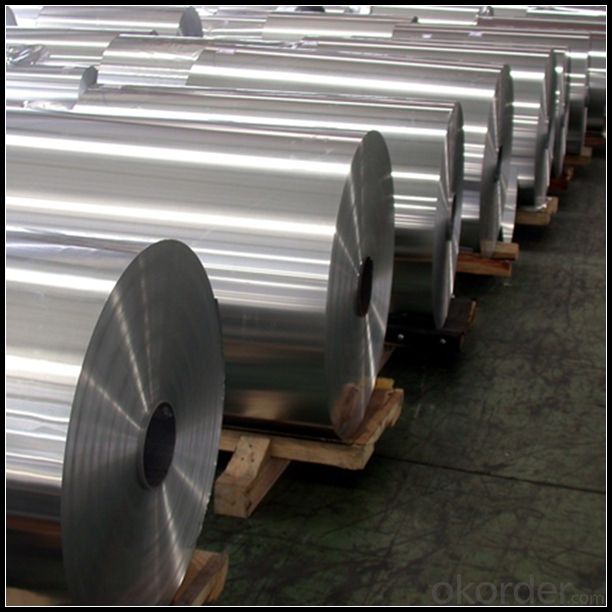
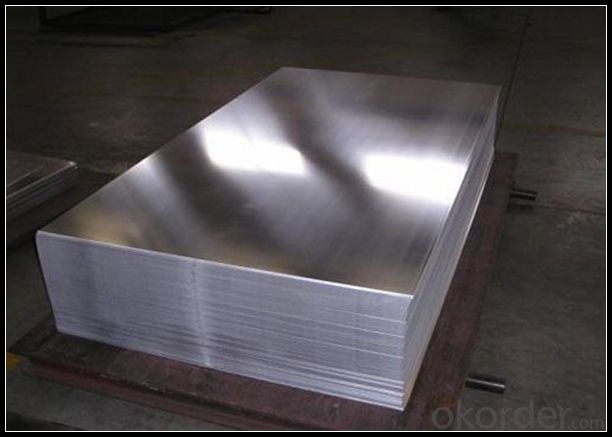
6. Our Service
1. Reply your enquiry in 24 working hours. |
2. OEM, buyer design, buyer label services provided. |
3. Exclusive and unique solution can be provide to our customer by our well traned and professional engineers and staffs. |
4. We can provide free sample for your check |
5. We have the certification of ISO 9001 |
6. Timely delivery |
7. Special discount and protection of sales area provided to our distributor. |
8. Good after-sale service. |
7. FAQ
Q: What is the produce prase? | ||||
A: Normally it would be 40days after received your deposit. | ||||
Q: Can you provide free samples? | ||||
A: Yes, free samples will be sent to you on freight at destination. | ||||
Q: Can I get your latest catalogue? | ||||
A: Yes, it will be sent to you in no time. | ||||
Q: What is the MOQ? | ||||
A: 3 tons | ||||
Q: What are your payment terms? | ||||
A: We accept L/C, D/A, D/P, T/T, West Union,etc. |
- Q: Is it possible to utilize aluminum strips in the construction of solar panels?
- <p>Yes, aluminum strips can be used in the construction of solar panels. They are often utilized as a component in the framing or as a conductive material in the solar cell's structure. Aluminum is lightweight, durable, and has good thermal conductivity, which makes it suitable for various applications within solar panel design. It can be used to create a protective frame, enhance heat dissipation, or serve as a part of the electrical conductors within the panel.</p>
- Q: What are the potential environmental concerns associated with the use of aluminum siding in construction?
- <p>While aluminum siding is lightweight and durable, there are environmental concerns associated with its production and disposal. The manufacturing process is energy-intensive and can emit greenhouse gases. Additionally, the extraction of bauxite, the primary source of aluminum, can lead to deforestation and habitat destruction. At the end of its life, aluminum siding can be recycled, which is beneficial, but improper disposal can still contribute to landfill waste. The environmental impact depends on the lifecycle management of the material, including responsible production, use, and recycling practices.</p>
- Q: Are aluminum strips suitable for use as interior wall materials?
- <p>Yes, aluminum strips can be used for interior walls. They are known for their durability, resistance to moisture, and ease of installation. Aluminum strips are often used in modern designs for their sleek, contemporary look and can be found in various forms such as aluminum wall panels or as decorative strips. They are low maintenance and do not warp or rot, making them ideal for high-moisture areas like bathrooms and kitchens. However, they may not provide the same insulation or soundproofing as traditional wall materials, so their use may be limited to certain areas or combined with other materials for optimal performance.</p>
- Q: Is it possible to utilize aluminum strips as materials for constructing roofs?
- <p>Yes, aluminum strips can be used for roofing materials. They are known for their durability, resistance to corrosion, and lightweight properties. Aluminum is also recyclable and can be coated with various finishes to enhance its appearance and performance. It is often used in modern architecture for its sleek look and low maintenance requirements. However, it's important to ensure that the aluminum strips are properly installed and meet building codes for safety and effectiveness.</p>
- Q: Is it possible to use recycled adhesive to attach aluminum strips?
- <p>Using recycled adhesive to install aluminum strips is generally not recommended. Recycled adhesive may have reduced adhesive properties due to previous use, which could compromise the bond's strength and durability. It's crucial to use a new adhesive specifically designed for the material and application to ensure a secure and long-lasting installation. Always follow the manufacturer's guidelines for the best results.</p>
- Q: What kind of mask is good for welding aluminum strips?
- The welding aluminum strip will produce certain peculiar smell and aluminum chip. Can solve this problem at the same time, activated carbon mask can solve, activated carbon can absorb some peculiar smell, at the same time can come dust.
- Q: What types of aluminum strip are best suited for cold climate applications?
- <p>Yes, there are specific types of aluminum strip designed for use in cold climates. These include high-strength aluminum alloys such as 7075 and 6061, which maintain their strength and ductility at low temperatures. Additionally, aluminum strips with a special surface treatment or coating can resist corrosion and maintain performance in cold environments. It's crucial to select aluminum strips with good thermal conductivity and low thermal expansion to prevent warping or breaking in extreme cold. Always consult with material specialists to choose the most suitable aluminum strip for your specific cold climate application.</p>
- Q: Is it possible to use aluminum strips for creating electrical connections?
- <p>While it is technically possible to use aluminum strips to make electrical connections, it is not generally recommended due to several reasons. Aluminum has a higher electrical resistance compared to copper, which is the standard material for electrical wiring. It is also more prone to corrosion and can form aluminum oxide, which is an insulator, leading to poor connections over time. Additionally, aluminum expands and contracts more than copper with temperature changes, which can cause connections to loosen. For reliable and safe electrical connections, copper or other approved materials should be used.</p>
- Q: What types of metal sheets are better suited for specific applications and conditions?
- <p>Yes, different types of metal sheets are better suited for specific applications and conditions. For instance, stainless steel is excellent for food processing and marine environments due to its corrosion resistance. Aluminum is lightweight and conducts heat well, making it ideal for cookware and heat exchangers. Galvanized steel is used in construction for its rust protection. Copper is known for its high thermal and electrical conductivity, suitable for electrical wiring and plumbing. Each metal has unique properties that make it suitable for particular uses, and the choice depends on factors like strength, durability, weight, and cost.</p>
- Q: What are the various color options for aluminum strips?
- <p>Aluminum strips are available in a variety of colors to suit different applications and aesthetic preferences. Common colors include natural silver, which is the standard mill finish, black, white, and clear anodized for a protective and decorative finish. Other colors like gold, bronze, and various shades of blue, green, and red are also offered by some manufacturers. Custom colors can be achieved through anodizing or powder coating processes, allowing for a wide range of color options to meet specific design requirements.</p>
Send your message to us
Aluminum Flashing Strips - Expanded Metal Sheet for Curtain Wall Aluminum Sheet at Factory Price
- Loading Port:
- Tianjin
- Payment Terms:
- TT OR LC
- Min Order Qty:
- 1 m.t.
- Supply Capability:
- 4999 m.t./month
OKorder Service Pledge
OKorder Financial Service
Similar products
Hot products
Hot Searches
Related keywords
